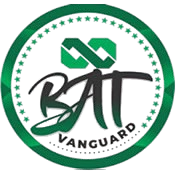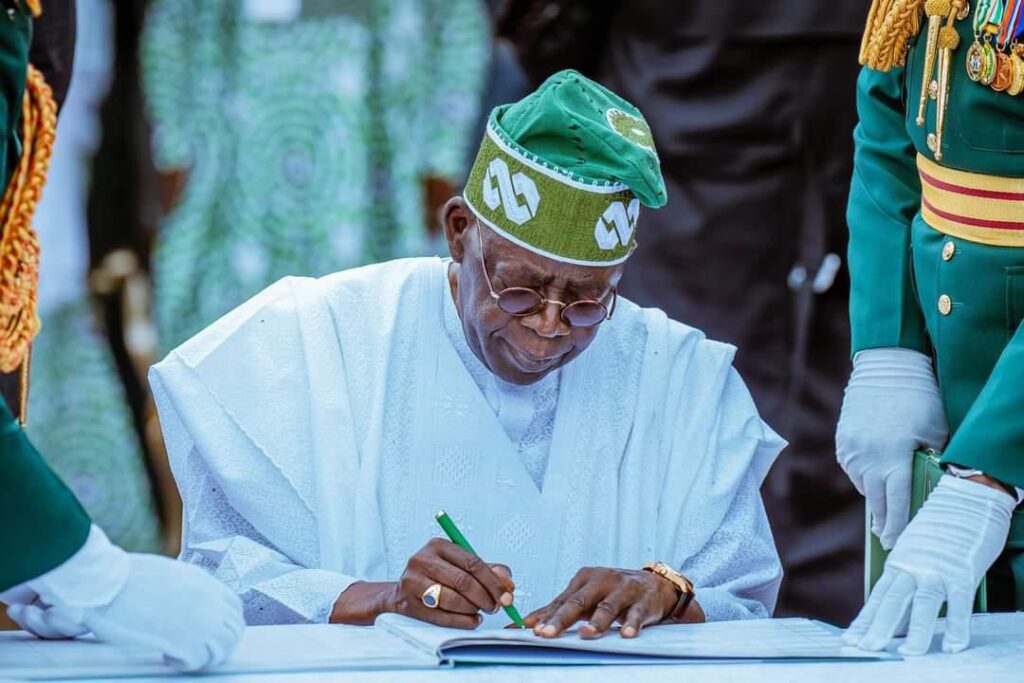The media are not exempted from accessing funds from the Bank of Industry (BoI) at a single-digit interest rate for the expansion of their operations, President Bola Ahmed Tinubu said yesterday.
The President, who attributed 25 years of uninterrupted democracy in the country to the media, said his administration would continue to support them to grow.
“The media is not left out of the Renewed Hope Agenda. You can now also access funds from the Bank of Industry at a single-digit interest rate, for the development and expansion of your businesses,” the President Tinubu announced during the 2024 All Nigerian Editors Conference in Yenagoa, the Bayelsa State capital.
He was represented at the event with the theme: “Economic Growth and Development Strategies In Resource -Rich Country,” by Information and National Orientation Minister Mohammed Idris.
Idris had in May told media organisations to develop bankable proposals to access single-digit interest rate loans from BoI.
The editors conference which was chaired by Chairman/Editor-in-Chief of Thisday Nduka Obaigbena had veteran journalists, including Vanguard Publisher Sam Amuka-Pemu and former Ogun State Governor Olusegun Osoba, in attendance.
Listing his administration’s reform programmes, including petrol subsidy removal, President Tinubu saluted the media for their ‘’longstanding legacy of deeply committed contributions to nation building.’’
He said the democracy enjoyed by Nigerians today would not have been possible without the media.
Tinubu said as someone privileged to be in the thick of the pro-democracy struggles, he would always acknowledge the very important role of journalists and their organisations.
His words: “Indeed, in this room are many veteran journalists who played very important roles in ushering in the age of enduring democracy in Nigeria. I salute your individual and collective efforts, not just at that time, but even right through to today, as we celebrate a quarter of a century of unbroken democratic experience.
“In any thriving democracy, the roles of the government and the media are intertwined, both essential in serving the public interest.
‘’And of course, the media must hold elected and appointed officials accountable, and ensure that we are doing our work in a manner that strengthens democracy – not weakens it. That important work must be done in a spirit of mutual respect and collaboration, not recrimination and opposition; this alignment enables us to achieve common goals that benefit society at large.
“Indeed, our roles are most effective when they are not adversarial but cooperative. By viewing each other as allies in nation-building, we can create an environment where transparency, accountability, and mutual respect thrive. Together, the government and the media can empower citizens, strengthen democratic institutions, and build a more informed and resilient society.
“As we gather to discuss a theme that is both timely and urgent, ‘Economic Growth and Development Strategies in a Resource-Rich Country,’ we find ourselves at a critical juncture in our nation’s journey toward sustainable growth and prosperity.’’
On the reforms and economy, the President said the nation’s debt service to revenue ratio had dropped drastically from 100 percent to 65 percent, thereby making the economy rebound.
He said while oil remained a significant source of revenue, the nation was also investing heavily in other sectors to diversify the economy.
Tinubu described his administration’s Compressed Natural Gas (CNG) initiative as a deliberate strategy to harness the country’s abundant gas resources to bring down the high cost of transportation by about 60 percent.
Host Governor Douye Diri said the significance of the media in democratic governance was immeasurable.
According to him, as the fourth pillar of democracy, the press educates, informs, and entertains, shaping public agenda and debate.
Diri said: “Democracy relies heavily on the press to thrive.
“As ethnic nationalities and diverse interests vie for attention, your work serves as a beacon of hope, promoting understanding and unity.
“In these turbulent times around our nation and the world at large, your(media) roles as guardians of truth is more critical than ever.
“Integrity remains the cornerstone of your profession; building trust with the public and fortifying the foundations of a healthy democracy is your mandate.’’
Diri used the opportunity to decry a situation where Bayelsa State as a major contributor to the nation’s oil and gas production severe environmental challenges and economic hardship.
He called for a rethink of the ‘’out-dated idea’’ that states have rights to surface land, while the Federal Government monopolises valuable underground resources.
ThisDay Publisher Obaigbena, who served as the conference chairman, urged editors to support the economic reforms of the Tinubu-led administration.
According to him, the future can be better ‘’if we give the reforms support that they desire and the poor given the necessary palliatives to survive.
Veteran journalist Amuka said the media industry is in distress following the effects of the removal of fuel subsidy on the transportation sector.
Amuka noted that revenue from newspaper sales could no longer sustain transport costs, adding that the newspaper business was on the verge of going extinct and regretted that online editions were not the same as hard copy.
He noted that it is advertisement revenue which often supported newspaper sales has dwindled. Earlier, another Veteran journalist, Chief Osoba urged editors to resolve the leadership crisis bedeviling the Nigerian Union of Journalists (NUJ).
He noted that the crisis had been so deep to the extent that in the past two years, the NUJ had not held elections.

